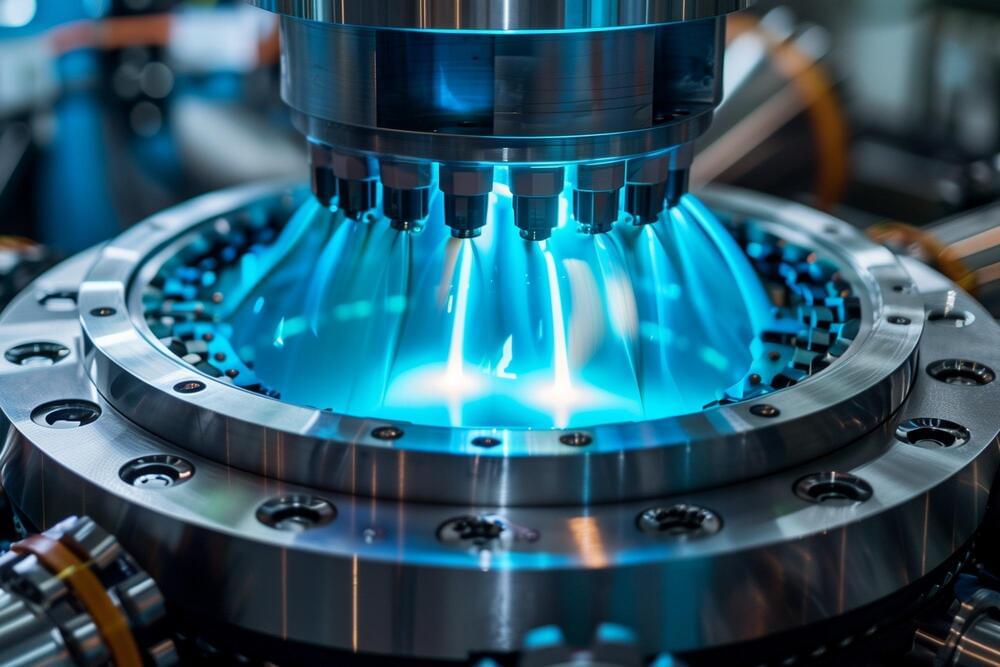The University of Liverpool has created a hybrid nanoreactor that uses sunlight to produce hydrogen efficiently, offering a sustainable and cost-effective alternative to traditional photocatalysts.
The University of Liverpool has announced a major breakthrough in engineering biology and clean energy. Researchers have developed a groundbreaking light-powered hybrid nanoreactor that combines the natural efficiency of biological processes with the precision of synthetic design to produce hydrogen, a clean and renewable energy source.
Detailed in ACS Catalysis, the study introduces an innovative solution to a longstanding challenge in solar energy utilization for fuel production. While nature’s photosynthesis systems excel at harnessing sunlight, artificial systems have historically fallen short. This new approach to artificial photocatalysis represents a significant step forward in bridging that performance gap.
